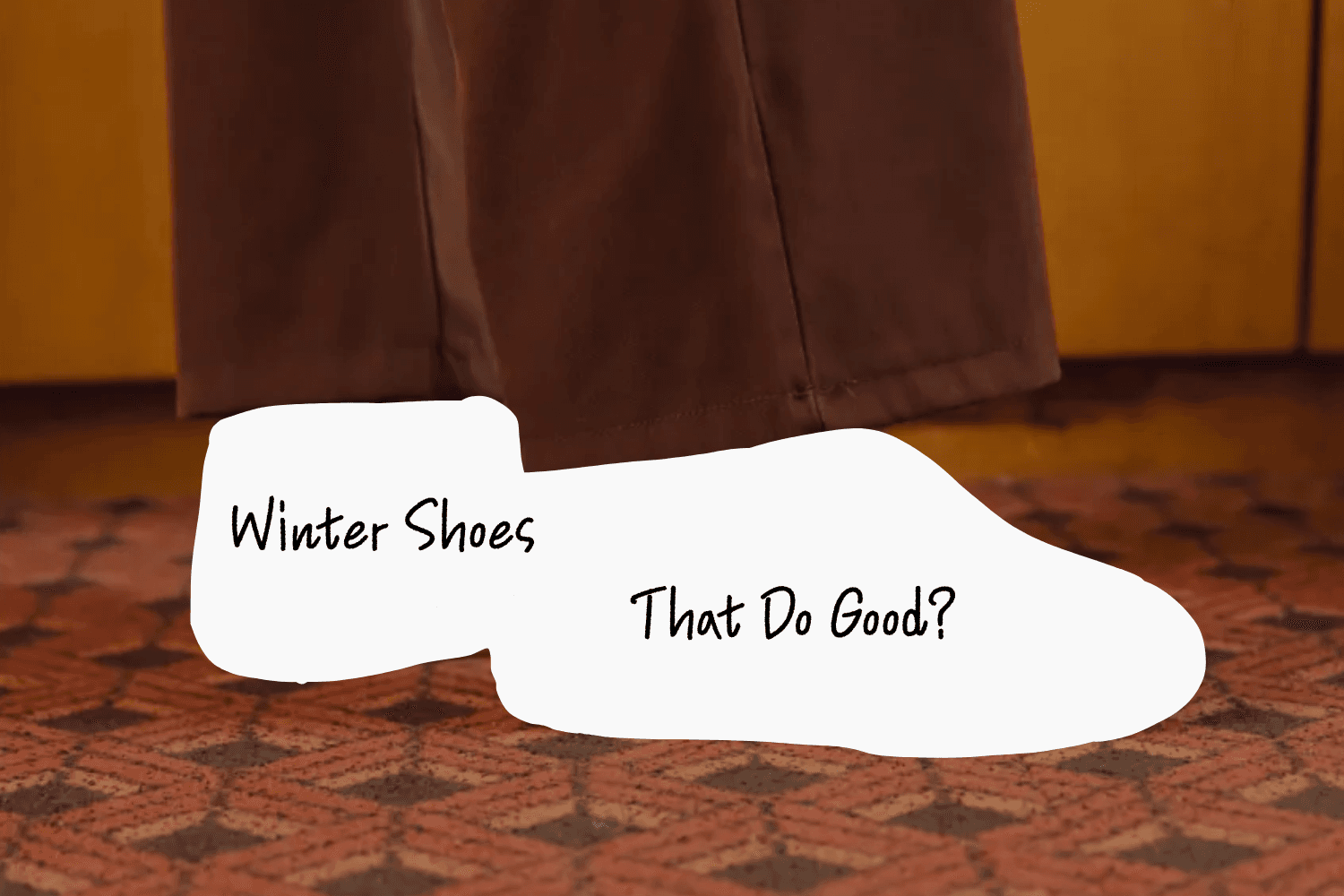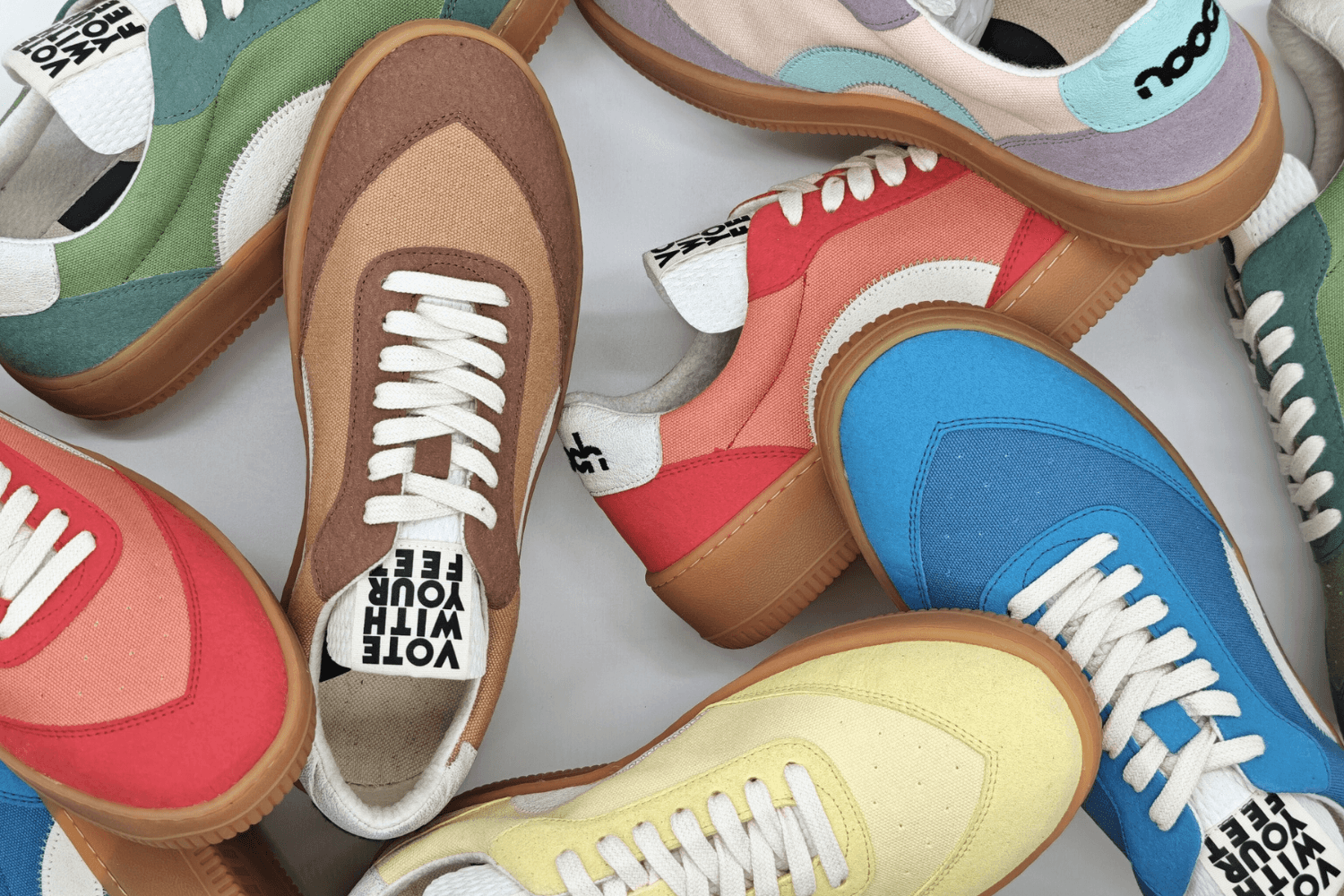In a world where fast fashion and mass production dominate the global market, Helen Kirkum is carving a path that not only challenges the status quo but also offers an innovative and sustainable solution to the future of design. A British designer with a passion for sustainability and creative repurposing, Kirkum has become a beacon of hope for environmentally conscious consumers and the fashion industry alike. Known for her work in the footwear space, she has garnered a reputation for her unique designs that breathe new life into discarded materials.
A Visionary Designer
Helen Kirkum’s career began with an interest in fashion and design that eventually led her to study at London College of Fashion. However, it wasn’t long before she began to question the traditional methods of production that pervaded the fashion world. She realized that the constant cycle of overproduction and waste in the industry was unsustainable, and this inspired her to explore alternatives that could change the way design is approached.
Her mission is clear: to create products with a purpose that go beyond aesthetics. By focusing on upcycling and repurposing discarded materials, particularly in the realm of sneakers, Kirkum is pushing boundaries in both fashion and sustainability. Her work is a reflection of her belief that design should have a more thoughtful approach, one that minimizes waste and reduces the negative environmental impact of mass production.
The Art of Upcycling
At the heart of Kirkum’s work is her commitment to upcycling, a process that involves taking discarded or surplus materials and transforming them into something new and valuable. This practice is particularly evident in her sneakers, which are reimagined from old, worn-out shoes and excess materials that would otherwise end up in landfills.
In her process, Kirkum deconstructs shoes, carefully choosing materials that can be used to create new designs. The result is a product that is not only unique but also imbued with a sense of history. Each pair of shoes tells a story of repurposed materials, where the past is celebrated, and sustainability is woven into the fabric of the design. These upcycled sneakers showcase her ability to blend industrial production with artisanal craftsmanship, making them both a statement of fashion and a testament to a more sustainable way of designing.
One of her most notable achievements is her approach to working with surplus materials, particularly from the sneaker industry, which is infamous for its excessive production and rapid consumption cycles. By sourcing these materials, she challenges the idea that newness and perfection are essential in fashion. Instead, her work embraces the beauty of imperfection, encouraging a shift toward products that are not just “new” but reimagined.
Sustainability in Every Step
Sustainability is not a buzzword for Kirkum; it is the very foundation of her design philosophy. The environmental impact of the fashion and footwear industries is enormous, with billions of pairs of shoes ending up in landfills each year. Kirkum aims to combat this waste by focusing on circular design principles, where materials are reused, repaired, and repurposed rather than discarded.
Her designs are a perfect reflection of circular economy principles, where the lifecycle of products is extended, and waste is minimized. By creating shoes from discarded materials, Kirkum is able to show how fashion can be both functional and eco-conscious. Her creations are a direct challenge to the linear model of production, where products are made, used, and then thrown away, contributing to pollution and overconsumption.
In addition to promoting sustainability through upcycling, Kirkum also places a strong emphasis on local production. She works with artisans and manufacturers in the UK to ensure that her products are produced in a way that supports local economies and reduces the carbon footprint of transportation. By focusing on ethical, localized production, Kirkum adds another layer of sustainability to her designs.
Challenging the Norms
Despite the positive impact of her work, it is important to critically examine the broader implications of Kirkum's approach within the context of the fashion industry. While her designs are undoubtedly a step in the right direction for sustainability, the broader fashion industry remains a significant contributor to environmental degradation. Many critics argue that while upcycling and repurposing are commendable, they are still only niche solutions to an industry that thrives on excess. The reality is that the scale of mass production in fashion is so vast that even the most sustainable designers can only make a modest impact compared to the systemic issues at play.
Furthermore, the concept of upcycled fashion, while innovative, can still carry a sense of exclusivity, with Kirkum's products being relatively high-priced due to the craftsmanship and labor involved. This raises questions about accessibility and whether sustainability in fashion can truly become mainstream without compromising affordability.
Designing for a Sustainable Future
Helen Kirkum's work in sustainable fashion is an inspiring example of how creativity and responsibility can go hand in hand. Her commitment to upcycling, circular design, and reducing waste provides a hopeful model for the future of fashion, one where products are made with a deeper understanding of their environmental impact. While challenges remain in the larger industry, Kirkum's mission is a testament to the power of design as a tool for change. Through her work, she is not just creating products but fostering a mindset that challenges the norms of consumption and promotes a more sustainable way of living.



.png&w=3840&q=75)


.png&w=3840&q=75)
.png&w=3840&q=75)
